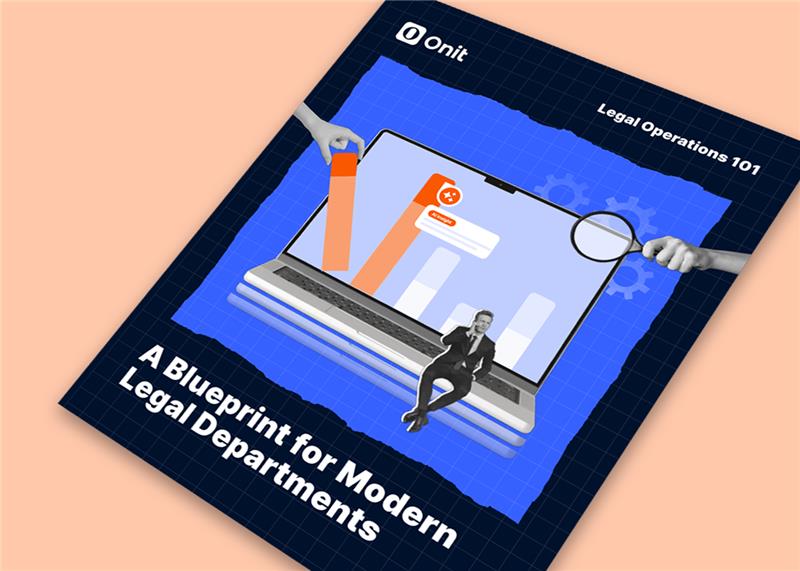Last week marked a major milestone in Microsoft’s company history when they held their first Worldwide Partner Conference (WPC) with their new CEO, Satya Nadella.
Nadella has proven to be remarkably sophisticated in his thoughts on running Microsoft – from evoking quotes from German philosopher Friedrich Niezsche in describing his corporate vision to joking about sorting algorithms when expressing their “mobile-first, cloud-first” market strategy.
Beyond Nadella’s scholarly sense of humor, he also expressed some hard-earned wisdom about running one of the world’s largest, and arguably most important, channel sales organizations.
Here are some key insights all sales leaders can learn from Nadella:
1. Your Channel Partnerships are Integral to Adding Leverage to Your Business Growth
Simply stated. It’s important to foster these relationships.
Your direct sales organization can only generate so many customer touches a day, but when each of your sales reps has multiple partners collaborating with them on sales opportunities, you have effectively multiplied the power of your sales organization.
Unfortunately, most sales organizations do not align their sales personnel with their channel and other partners as well as they should.
One rep from your organization likely maps to five or ten different reps in partnering organizations, and with each organization, different CRM and content management systems are used that are often incompatible across corporate lines. This makes it extremely difficult to collaborate effectively.
Onit has been working with IT channel resellers and top vendors such as Microsoft, VMware, Dell, and Google to improve their channel relationships with business process Apps that cross the corporate communication barrier.
In addition to providing visibility across multiple corporate environments, Onit’s rapidly adaptable workflow management system allows us to quickly modify business processes to optimize your channel strategy over time.
2. Keeping a Lean Team Structure Can Help You Have Consistent Execution
The day following Nadella’s keynote address at the Microsoft WPC, he announced a company-wide layoff of 18,000 employees over the next year. Most of that was to trim some of the fat from the Nokia acquisition, but a significant amount of this layoff is to reduce some of the structural leadership layers that were bloating the decision-making process. The idea is to make leadership teams more lean and capable of quickly adapting and making decisions.
Keeping a lean team structure like this can help you attain more consistent execution across your sales leadership, and that’s a good thing when it comes to ensuring your customers experience the same high caliber of performance from your sales teams.
Unfortunately, it can be difficult to manage that consistent execution across your sales teams, even if your sales team is already as lean as possible.
Process can help create a healthy culture of consistent execution but processes run with spreadsheets and emails tend to fray out of control over time.
Onit can help you design a series of Business Process Apps that will help you maintain a consistent level of execution across your teams, all while providing the level of agility to change and stay optimized over the competition.
3. Increasingly Ubiquitous Technology Makes Human Attention the Most Valuable Commodity
The “Internet of Things” – and as Salesforce.com calls it – the “Internet of Everything” is fast approaching, with sensors on everything from our refrigerators to children’s diapers.
This data, stored and managed in the cloud, provides a wealth of wisdom to those who are interested. But there is a downside ….And this is the point Nadella made in his keynote at WPC.
With so many resources and information available at the click of a button, human interaction is becoming the most valuable commodity on earth. And as a result, productivity tools are even more important than ever.
We at Onit couldn’t agree more, especially when it comes to the attention of your sales team. It’s critical to be as efficient as possible so they can focus on high value tasks like closing deals and driving revenue.
At Onit, we work with our customers to develop custom business process workflows for everything from prospecting to opportunity management to account lifecycle management and everything in between. This is all integrated with your preferred system of record, whether it’s Salesforce.com, SugarCRM or an in-house proprietary system.
Don’t waste time with someone else’s vision of what a CRM is supposed to do. Let us build your vision for sales productivity. We can build an App for you. Contact us today for a complimentary consultation of one of your sales processes.



